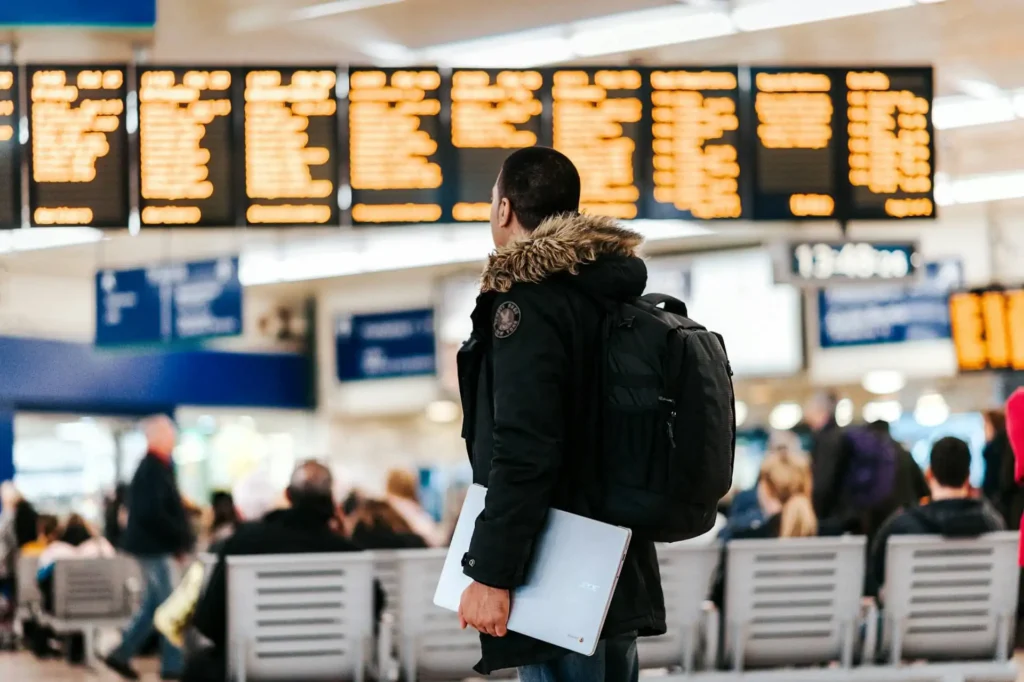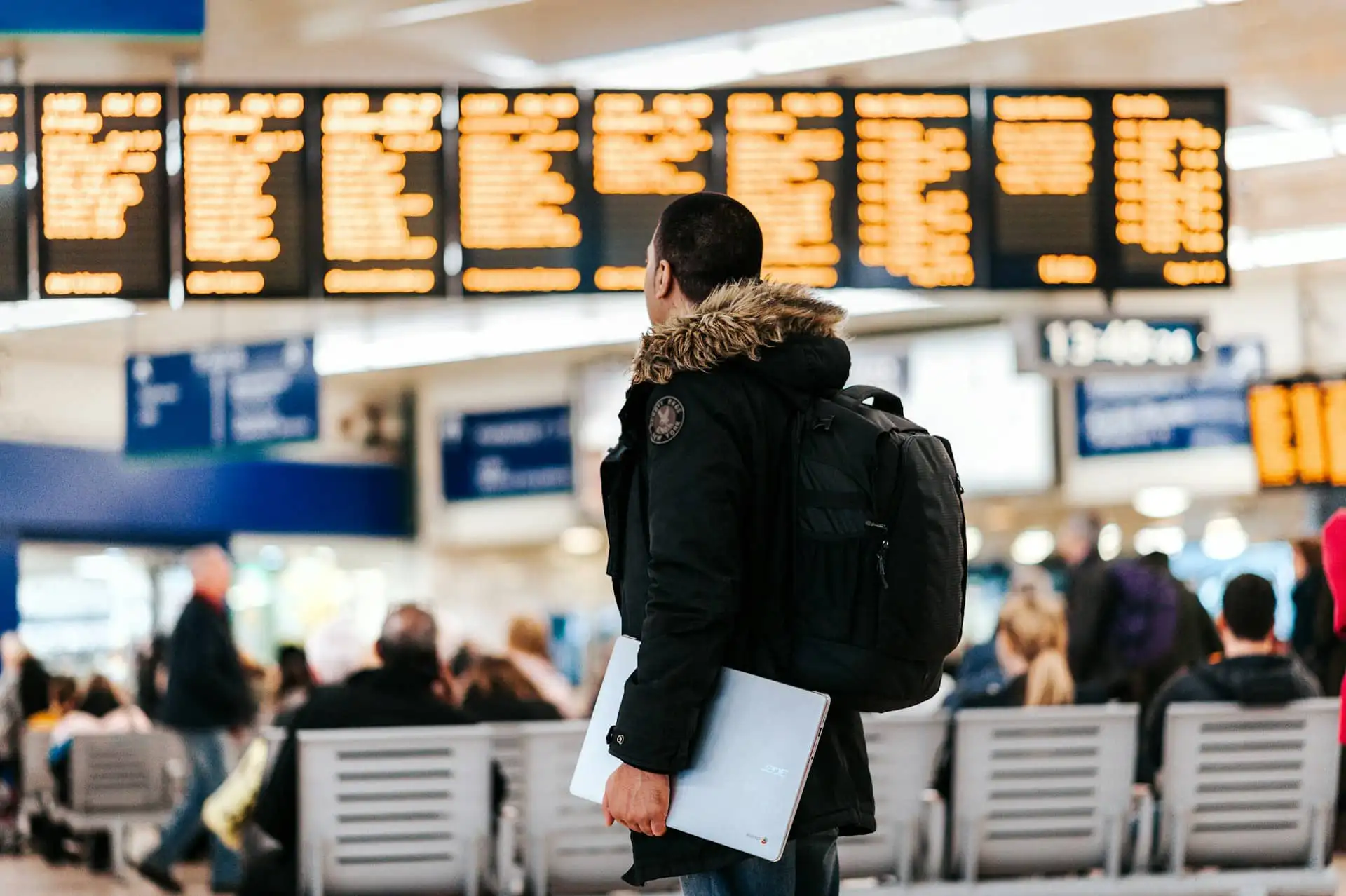September often brings with it a return to routine after the summer holidays, but this year, travelers across Europe might face significant disruptions due to a series of strikes affecting flights and trains. Unions and workers in various sectors have planned industrial action to address grievances ranging from wage disputes to working conditions. Here’s a breakdown of what to expect and how to prepare for travel disruptions this September.
1. Air Travel Disruptions
**1.1. Major Airports Affected
Several major airports across Europe are expected to experience strikes, potentially leading to significant disruptions in flight schedules. Key airports such as Paris Charles de Gaulle, London Heathrow, and Berlin Brandenburg are likely to be impacted. These strikes could lead to delays, cancellations, and long queues, particularly in security and check-in areas.
**1.2. Air Traffic Control Strikes
Air traffic control (ATC) strikes are a significant concern, as they can lead to widespread flight delays and cancellations. Countries like France, Italy, and Spain have seen past ATC strikes that caused major disruptions across the continent. Travelers should expect possible air traffic control disruptions in these regions, impacting flights both within Europe and internationally.
**1.3. How to Prepare
- Check Flight Status: Regularly monitor your flight status with your airline and be prepared for possible delays or cancellations.
- Allow Extra Time: Arrive at the airport earlier than usual to account for potential long lines at check-in and security.
- Stay Informed: Follow news updates and check with your airline for the latest information on potential strike actions and their impact.






2. Train Travel Disruptions
**2.1. National and International Trains
Train strikes are also set to affect various routes across Europe. National rail services in countries such as France, Germany, and Italy are likely to experience disruptions. International train services, including those operated by Eurostar and Thalys, may also face delays and cancellations due to the strikes.
**2.2. Regional and Local Services
In addition to long-distance trains, regional and local train services could be disrupted. Commuter trains and regional services in major cities might face reduced schedules or complete stoppages, impacting daily travel for many.
**2.3. How to Prepare
- Check Train Schedules: Stay updated on train schedules and possible disruptions through national and regional rail operators’ websites.
- Plan Alternatives: Consider alternative modes of transport, such as buses or car rentals, in case your train service is canceled.
- Book in Advance: If traveling on popular routes, book tickets early and check for any flexibility in case plans need to change.





3. General Travel Tips
**3.1. Stay Flexible
Given the unpredictable nature of strikes, maintaining flexibility in your travel plans is crucial. Be prepared for changes and allow extra time for your journeys.
**3.2. Travel Insurance
Investing in travel insurance can provide coverage for cancellations, delays, and additional expenses incurred due to strikes. Ensure your policy covers the types of disruptions you might encounter.
**3.3. Communication Channels
Keep in touch with your travel provider for updates. Many airlines and train operators provide real-time information through their websites and mobile apps, which can help you stay informed about any changes or disruptions.
Conclusion
September’s travel strikes across Europe are set to impact flights and trains, potentially causing significant disruptions for travelers. By staying informed, checking schedules frequently, and planning for potential delays, you can mitigate the impact of these strikes on your journey. Flexibility and preparation are key to navigating the challenges of travel disruptions and ensuring a smoother experience during your European travels.


















